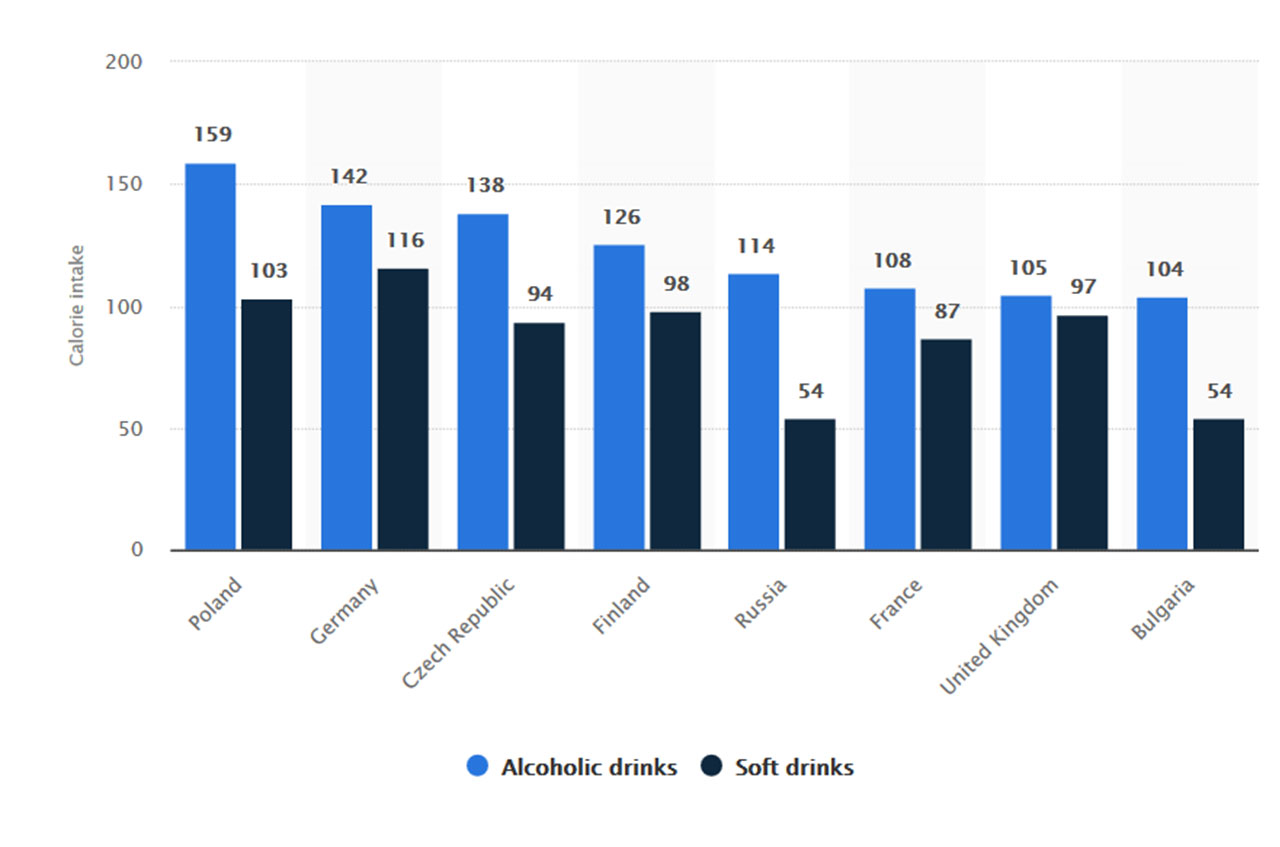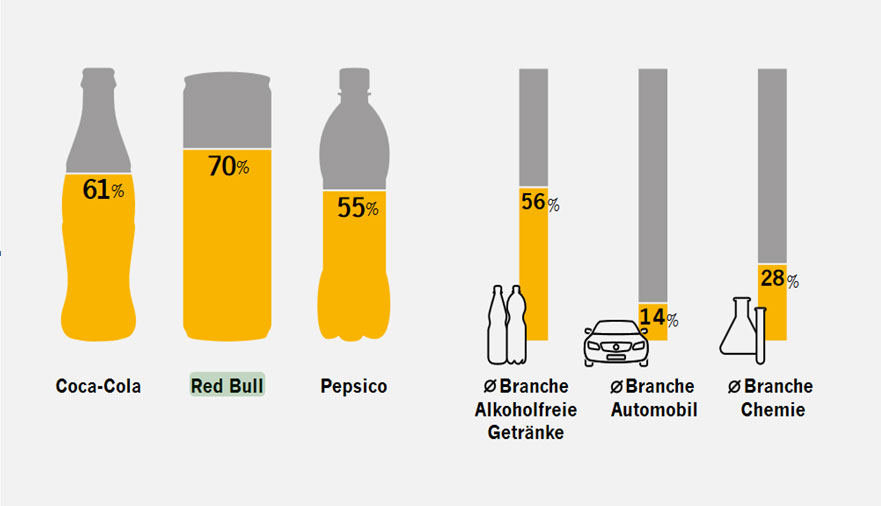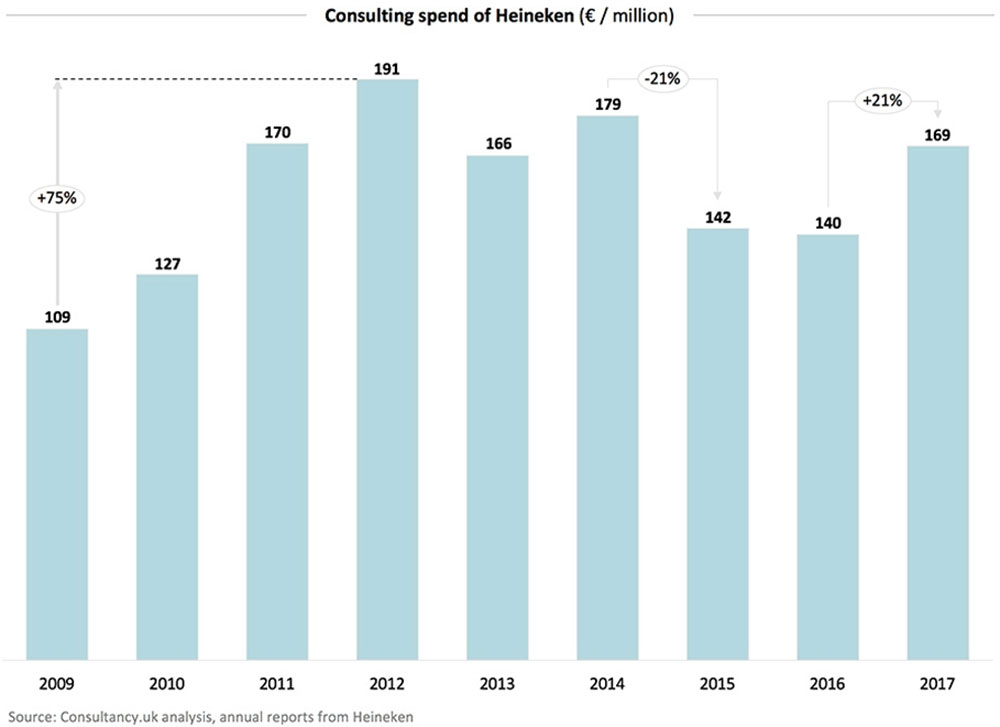Sugar may be bad for you, but why is it the soft drinks industry that has to bear the brunt of a crackdown?
The prospect of thousands of thirsty soccer fans flocking to Russia for this summer’s World Cup should boost beer sales, yet brewers see little reason to be optimistic.
Global consumption of energy drinks is growing and, guess what, is producing a new crop of billionaires. Red Bull alone has created twelve billionaires, including Austrian marketing guru Dietrich Mateschitz, 73, and the eleven Thai heirs of his late partner, Chaleo Yoovidhya. On the latest Forbes Rich List, published in March 2018, Mr Mateschitz ranked 37th. With an estimated wealth of USD 27 billion (11 April 2018), he must be one of the richest Austrians.
Heineken ramped up its central consulting spending by more than 20 percent in 2017, says the website consultancy.uk in a report released on 30 March 2018. The brewer has been seeking to reposition itself, as well as pushing for a digital transformation agenda to secure profits in the long-term.
The maker of Magners cider looks to have saved around 2,000 jobs at the collapsed drinks firm Conviviality after a GBP 100 million (USD 140 million) deal to buy the firm’s distribution businesses Matthew Clark and Bibendum. Matthew Clark is one of the UK’s biggest suppliers to the on-trade serving more than 20,000 pubs.
Scottish craft brewery BrewDog has released its 2017 annual report, which highlighted a 55 percent turnover growth to more than USD 155 million dollars.
The plight of beer girls in Asia and Africa is well-known but according to campaigners very little has been done to protect them from harassment.
Ahead of AB-InBev’s Annual General Meeting on 25 April 2018, the Frenchman Olivier Goudet, who is chairman of AB-InBev, sees his fixed remuneration increase by a quarter, the Flemish newspaper De Tijd reported on 23 March 2018. In addition, he can count on more stock options.
As craft beer consumption is rising, the country’s major brewers are investing in craft breweries to capitalise on that growth. In 2017 there were over 480 companies, almost twice the number there were in 2015. Craft beer production is still low (only 145,000 hl in 2016 out of total beer consumption of 34.4 million hl), reports say.
It was to be expected that Belgium’s brewer Duvel Moortgat would increase its investment in Italy’s craft brewer Birrificio del Ducato to a majority stake – which they did in February 2018.



